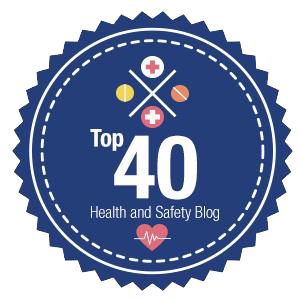- The Health and Safety at Work, etc Act 1974 (HSWA) is the primary piece of legislation covering the main principles of health and safety
- The HSWA aims to prevent the risk of injury rather than the injury itself. Thus a criminal offence is committed each time the terms of the Act are breached, regardless of whether or not anyone is actually injured by the breach
- Under the Act, employers have a general duty to ensure the health, safety and welfare of their employees
- The HSWA imposes a duty on people who are in charge of premises which carry out a trade, business or other undertaking (whether for profit or not) to use the best possible means to prevent the emission of noxious or offensive substances, and to render those substances harmless and inoffensive
- If five or more people are employed, employers must have a written health and safety policy
- Employers must ensure that articles or substances used at work are safe and that they do not expose the users to health risks
- Employees must ensure their own health and safety and that of others while at work and co-operate with their employers in matters relating to health and safety
- Issues of enforcement, the powers of inspectors, etc are detailed in the HSWA
- Directors and managers also have health and safety duties
Contact us if you require any assistance.



 The Institution of Occupational Safety and Health (IOSH) has called for penalties that “reflect the gravity” of offences and greater use of measures such as director disqualification and retraining, as new sentencing guidelines for gross negligence manslaughter come into effect.
The Institution of Occupational Safety and Health (IOSH) has called for penalties that “reflect the gravity” of offences and greater use of measures such as director disqualification and retraining, as new sentencing guidelines for gross negligence manslaughter come into effect. The Health and Safety at Work, etc Act 1974 (HSWA) is the primary piece of health and safety law in the UK. It lays down broad principles for managing health and safety in all workplaces with the exception of servants in domestic premises and many government bodies, which cannot be prosecuted under the Act.
The Health and Safety at Work, etc Act 1974 (HSWA) is the primary piece of health and safety law in the UK. It lays down broad principles for managing health and safety in all workplaces with the exception of servants in domestic premises and many government bodies, which cannot be prosecuted under the Act.




